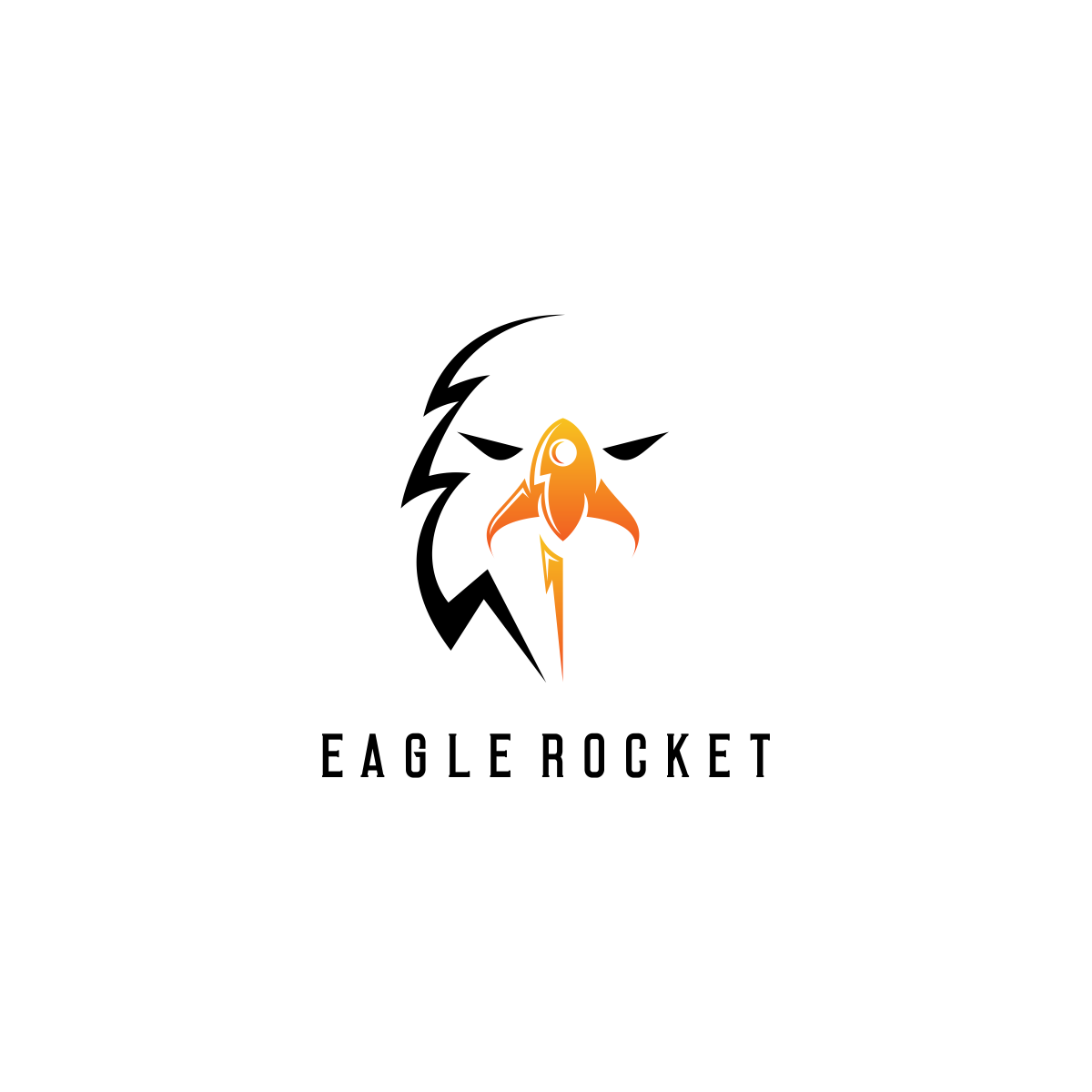The hiring landscape in France is shaped by a unique combination of cultural values, legal requirements, and economic conditions. Understanding these factors is critical for businesses aiming to tap into the rich talent pool available in this dynamic market. Navigating the hiring process effectively requires an established strategy that considers local norms, compliance requirements, and competitive compensation structures. As companies broaden their horizons, it becomes essential to grasp not only the economy’s fundamentals but also how to connect with potential candidates on a cultural level. This article dives deep into the essential aspects to consider when hiring in France, providing insights that can streamline your recruitment efforts.
Understanding the Economic Landscape of France
France boasts one of the largest economies in the European Union, characterized by a diverse range of industries and sectors. The economic environment is pivotal for determining hiring strategies and compensation packages.

Key Sectors Driving Employment
The economic structure of France is vastly diverse. Here are some key sectors where employment is concentrated:
- Services Sector: This sector is a major contributor to the French economy, hosting industries such as finance, tourism, hospitality, and IT services. Paris serves as a vital financial hub for multinational corporations.
- Manufacturing and Industrial Production: Renowned for its advanced manufacturing capabilities, France excels in aerospace, automotive, luxury goods, pharmaceuticals, and machinery. The focus on precision engineering ensures high-quality products.
- Innovation and Technology: With significant investments in R&D, France nurtures a robust startup ecosystem particularly in IT, biotechnology, renewable energy, and AI, leading to innovative job opportunities.
- Agriculture and Food Industry: The nation is famous for its agricultural output including wine, dairy, cereals, and gourmet cuisine, making this sector an integral part of its economy.
Economic Trends to Watch in 2025
As we look towards 2025, several economic trends are shaping the landscape:
| Sector | Growth Rate | Key Opportunities |
|---|---|---|
| Technology | 7% | AI, Cybersecurity, E-Commerce |
| Healthcare | 5% | Telemedicine, Biotech |
| Green Energy | 6% | Renewable Resources, Sustainability |
Navigating the Recruitment Process in France
Implementing a systematic recruitment strategy is fundamental for attracting qualified candidates. The following steps outline a comprehensive approach to sourcing talent in France.
Job Analysis and Advertisement
Start by clearly defining the job role and its associated responsibilities. A well-crafted job description should include the required qualifications and be transparent about the company culture.
- Consider using both French and English in the job advertisements. This dual approach broadens the potential candidate pool, ensuring inclusivity.
- Utilize various channels such as online job portals (like Jobteaser), social media platforms, and recruitment agencies including Hays, Michael Page, and Adecco to maximize visibility.
Application Screening and Interviews
Rigorous screening processes help identify candidates whose qualifications and experiences align with your job requirements.
- Assessing resumes and conducting initial phone screenings can streamline the interview process.
- Organize multiple interview rounds along with technical assessments or case studies to gauge practical skills and cultural fit.
Reference Checks and Job Offers
Once you identify the best-fit candidate, it’s critical to verify their professional history through reference checks. This due diligence helps mitigate hiring risks.
- Once everything checks out, extend the job offer with clearly articulated terms and conditions of employment.
- Effective onboarding processes can help integrate new hires into the company seamlessly, reinforcing their commitment and enhancing retention rates.
Essential Work Permits and Visa Regulations
For non-EU citizens, obtaining work permits and visas is non-negotiable to legally work in France. Employers need to navigate the complexities of immigration laws effectively.
Understanding the Process
The process for securing work permits varies based on the individual’s home country and the nature of employment. Consultation with immigration experts can provide clarity and streamline applications.
- Employers must be vigilant about compliance with labor regulations to avoid costly delays.
- Foster relationships with the relevant French authorities to stay updated on changes in regulations affecting work permits.
Legal Requirements for Employment
Understanding the legal framework around employment in France is vital. Notably, all employees must have formal employment contracts that clearly define their role and salary.
- Contracts: Familiarize yourself with the distinctions between indefinite contracts (CDI) and fixed-term contracts (CDD), ensuring they are employed appropriately.
- Probation Periods: Clearly state and document any probationary periods within contracts to safeguard against potential disputes.
Compensation and Benefits in the French Job Market
Offering competitive compensation and benefits is essential to attract skilled professionals. Understanding the average salary ranges across various industries and roles will allow businesses to formulate attractive packages.
Average Salaries in France
The salary landscape in France varies significantly based on sectors, job positions, and geographic locations. As of 2025, the average gross monthly salary is estimated to be between €3,000 and €3,500.
| Role | Average Salary (Gross Monthly) | Industry |
|---|---|---|
| Software Engineer | €4,000 | Technology |
| Marketing Manager | €3,800 | Marketing |
| Financial Analyst | €3,600 | Finance |
Factors Influencing Salary Packages
When determining compensation packages, consider the following:
- Base Salary: Align salaries with industry benchmarks and candidates’ skills.
- Performance Bonuses: Introduce performance incentives to motivate employees.
- Additional Benefits: Health insurance, retirement plans, and professional development opportunities can enhance employee satisfaction and retention.
Cultural Considerations When Hiring in France
Establishing a supportive work environment in France entails understanding the cultural nuances that influence employee expectations and interactions.
The Importance of Professionalism
French culture places a high value on formalities and professional etiquette. Respect for hierarchy is paramount, and communication tends to remain formal.
- Language: Incorporating the French language in daily business interactions, even at a basic level, demonstrates respect and fosters a better rapport with employees.
- Cultural Sensitivity: Be aware of local customs and be open to adapting business practices to align with cultural expectations.
Building Relationships and Networking
Personal relationships significantly impact business opportunities in France. Formal meetings may be less productive compared to informal settings like lunches.
- Plan networking events or team bonding activities that encourage informal discussions to build trust.
- Understanding the value of networking, especially from a cultural perspective, can enhance collaboration and problem-solving within teams.
Developing Industries and the Future of Hiring in France
2025 is a pivotal year as France witnesses the emergence of various sectors poised for growth. Staying ahead of industry trends will be integral for businesses looking to hire top talent.
Emerging Sectors of Growth
Several sectors are expected to thrive, creating an upsurge in job opportunities:
- Green Energy: With sustainability at the forefront, renewable energy projects will demand skilled professionals.
- Information Technology: The IT sector continues to expand rapidly, particularly in fields such as cybersecurity and data analytics.
- Healthcare Innovations: Enhanced investment in biotechnology and telemedicine represents a vital area for future employment.
Preparing for Future Challenges
To remain competitive, businesses must remain aligned with the evolving demands of the workforce. This entails prioritizing employee well-being, professional development, and a work-life balance.
- Invest in employee training programs that comply with French regulations while enhancing workforce skills.
- Embrace flexible work arrangements and remote working choices that resonate with the expectations of modern employees.
As hiring in France becomes increasingly specialized and nuanced, understanding these facets of recruitment will best position companies for success. The insights gleaned from this exploration reveal that a well-rounded approach combining economic awareness, cultural sensitivity, and legal compliance creates a pathway towards building a resilient and effective workforce.

